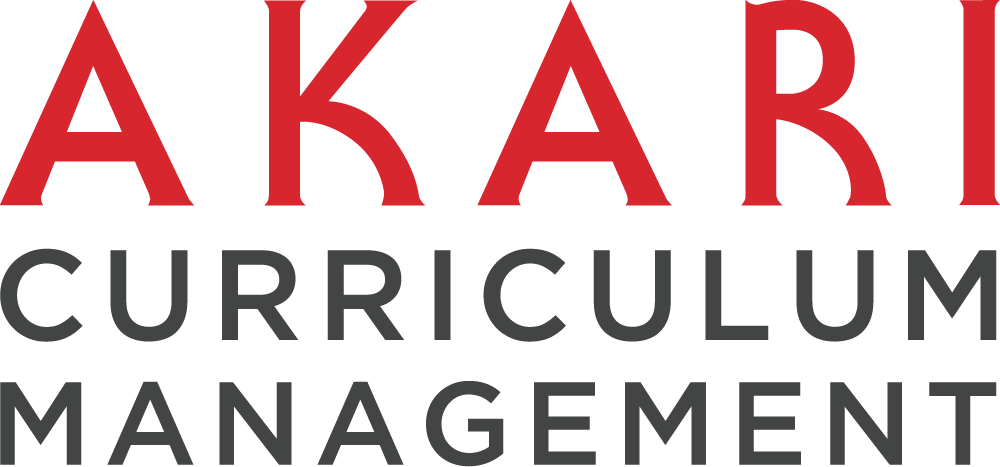The Impact Rankings 2024, to be published on 12 June, assess universities’ contributions to clean water and sanitation through research, water usage, and community water management.
Metrics
Research on Clean Water and Sanitation (27%)
- Proportion of papers in top 10% of journals by Citescore (10%)
- Field-weighted citation index of papers (10%)
- Number of publications (7%)
Data from Elsevier’s Scopus dataset (2018-2022), normalised using Z-scoring.
Water Consumption (19%)
- Water consumption tracking (9.5%)
- Water consumption per person (9.5%)
Measures total and per capita water usage. Data normalised using Z-scoring.
Water Usage and Care (23%)
- Wastewater treatment process (4.6%)
- Prevention of polluted water entering the system (4.6%)
- Free drinking water availability (4.6%)
- Building standards to minimise water use (4.6%)
- Water-efficient landscaping (4.6%)
Evidence evaluated by THE, not normalised.
Water Reuse (12%)
- Policies to maximise water reuse (6%)
- Measurement of water reuse (6%)
Evidence evaluated by THE, not normalised.
Water in the Community (19%)
- Educational opportunities on water management (3.8%)
- Promotion of conscious water usage (3.8%)
- Support for off-campus water conservation (3.8%)
- Sustainable water extraction technologies (3.8%)
- Cooperation with governments on water security (3.8%)
Evidence evaluated by THE, not normalised.
Evidence Requirements
Universities must provide supporting evidence for their claims. Credit is given for public evidence, and metrics are generally not size-normalised. Evidence is evaluated against set criteria and cross-validated.
Time Frame
Data generally refer to the closest academic year to January-December 2022. Specific date ranges are detailed in the full methodology document.
Exclusions
Open to any university teaching at undergraduate or postgraduate level. THE may exclude institutions that falsify data or are not in good standing.
Data Collection
Institutions must provide and approve their data. Missing data points are entered as zero.
